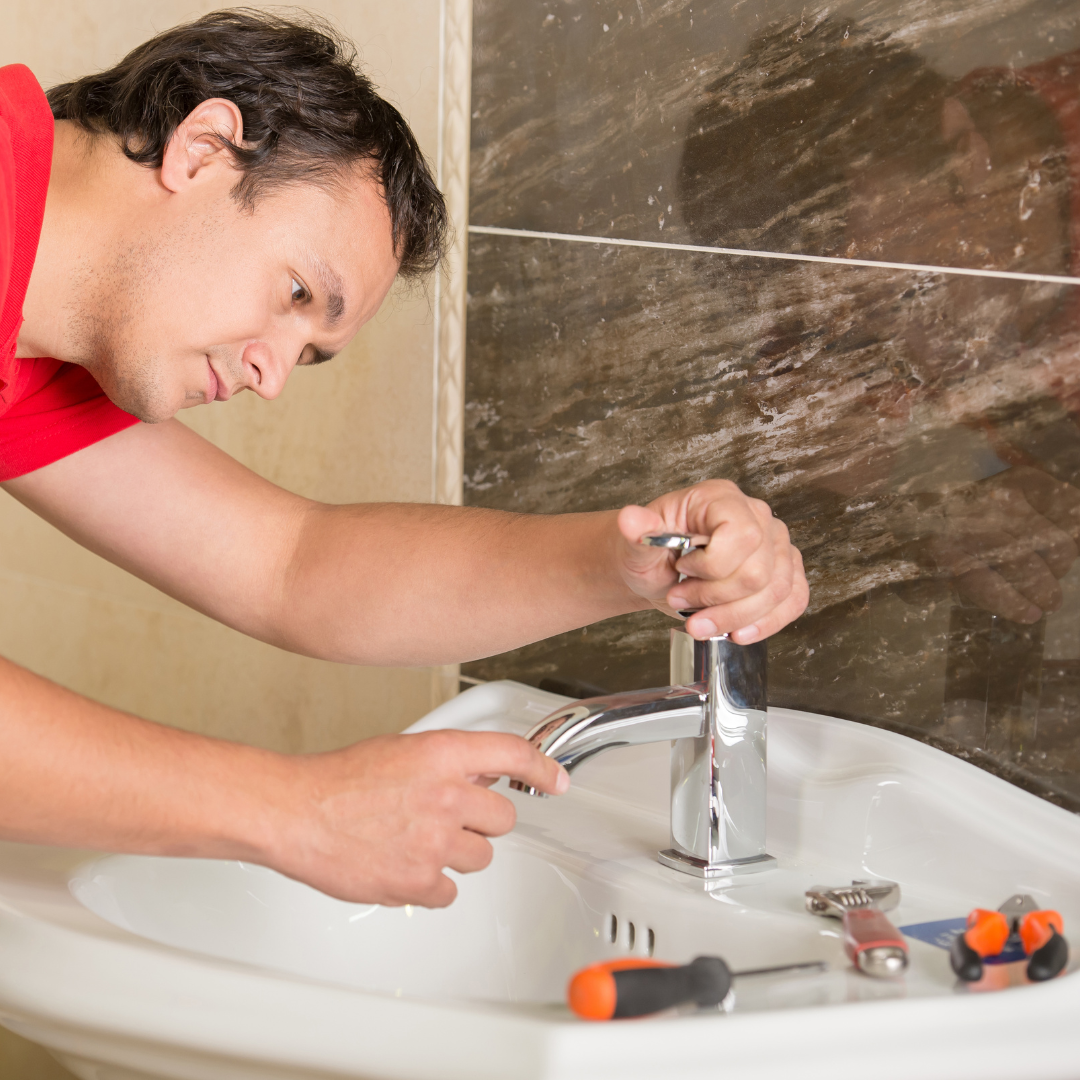When it comes to plumbing, prevention is the best cure. It’s much easier to take proactive measures now than it is to deal with the consequences of a plumbing disaster later on. Below, we’ll look at 5 common plumbing problems and how you can prevent them from happening.
Clogs
Clogs are one of the most common plumbing issues, and they can be a real nuisance. There are a few different ways that clogs can form. But they all have one thing in common: they block the flow of water. They can be caused by anything from hair to grease to food scraps. They can range in severity from a slow drain to a complete blockage.
The good news is that there are a few things you can do to prevent clogs from forming in the first place. First, make sure that you’re only putting things down the drain that are meant to go there. That means no grease, no coffee grounds, and no food scraps. Second, invest in a good drain strainer or hair catcher for your shower or sink. These devices will catch any potential clog-causing items before they have a chance to cause problems. Finally, be sure to clean your drains regularly with a natural cleaner like vinegar or baking soda. This will help keep them clear of built-up gunk that could eventually lead to a clog.
If you do find yourself dealing with a clog, there are a few things you can try before calling a plumber. First, try using a plunger to see if you can dislodge the blockage. If that doesn’t work, you can try using a snake or auger to reach down into the drain and break up the clog manually. If all else fails, call in reinforcements and get a professional to help. Professional plumbers like the ones at Dollar Wise Plumbing and Gas or a similar plumbing company near you will be able to inspect the drain and identify any underlying problems that may be causing the clog. They can also use specialized tools to clear away the blockage and ensure your drain is running properly again.
Leaks
Water leaks can cause a lot of damage to your home if they’re not fixed promptly. Some common places for leaks are around the toilet, under the sink, and in the shower:
- Toilet leaks can occur at the base of the toilet where it meets the floor or between the tank and bowl. If you leak at the base of your toilet, you may need to replace the wax ring that seals the connection between the toilet and the sewer pipe. If you leak the tank and bowl, you may need to tighten the bolts that hold them together or replace the gasket that seals them.
- Sink leaks often manifest under the sink, particularly at the point where various pipes and connections meet. When confronted with a sink leak, it’s crucial to identify its source to take appropriate corrective actions. Leaks can commonly be traced back to worn-out washers or O-rings, which may need replacement. Additionally, loose connections can contribute to these leaks, and simply tightening them can often resolve the issue. Promptly addressing sink leaks is essential to prevent water damage and maintain the integrity of your plumbing system, ensuring the smooth operation of your sink and preventing more extensive and costly repairs down the line. Regular inspections and maintenance can help mitigate such inconveniences.
- Water heater leaks can be a homeowner’s nightmare. They’re not only inconvenient but can also lead to significant damage. A leaking water heater can result from various issues, including corrosion, a faulty pressure relief valve, or a damaged tank. When left unaddressed, these leaks can damage the surrounding area, weaken the structure, and even lead to mold growth. That’s why it’s crucial to act swiftly when you notice any signs of a water heater leak, such as puddles or dampness around the unit. Regular maintenance and timely repairs offered by experts like the ones at JLR PLumbing are essential to prevent leaks and ensure your water heater operates efficiently and safely.
- Shower leaks can be a common annoyance in any home. They can happen at various points in the shower where connections exist. These leaks often result from worn-out washers or O-rings, loose connections, or degraded caulking around joints. When you experience a shower leak, it’s essential to investigate the source promptly. Tightening loose connections and replacing damaged washers or O-rings can often resolve the issue. Additionally, re-caulking joints and seams can provide an extra layer of protection against leaks. Regular maintenance and inspections can help prevent these inconveniences and keep your shower in excellent working condition, saving you from potential water damage and costly repairs.
Beyond the immediate concern of damage, water waste due to leaks compounds the issue, emphasizing the importance of quick resolution. Professional services like Wizard Leak Detection usually specialize in efficiently locating and addressing water leaks, offering homeowners a reliable solution to mitigate potential damage and conserve water. By promptly addressing leaks in common areas like toilets, sinks, and showers, individuals can not only protect their homes from costly damage but also contribute to sustainable water usage practices.
Overflowing Toilets
An overflowing toilet can cause water damage to your bathroom and create a health hazard. There are several reasons why a toilet may overflow. The most common reason is when too much paper is flushed down the toilet. When this happens, the paper can clog the pipes and cause the water to back up, so you’d want to shut off the water supply to the toilet and call up a plumber. Another common reason for an overflowing toilet is when there is a blockage in the sewer line. This can be due to tree roots or other debris that has made its way into the pipe. In such cases, you should reach out to professionals that can offer you a thorough sewer inspection Denver, or wherever you may be. Once an assessment is made, the sewer lines can be fixed or cleared.
Frozen Pipes
Frozen pipes are a common issue during the winter months. If you live in an area that gets cold, it’s important to take steps to prevent your pipes from freezing. There are a few things you can do to prevent your pipes from freezing. One is to insulate your pipes. This will help keep the heat in and the cold out. You can use pipe insulation or wrap your pipes with newspaper or towels. Also, be sure to keep the heat on. Even if you’re not home, make sure that your heat is set to at least 55 degrees Fahrenheit. This will help keep your pipes from freezing. Finally, don’t forget to let your faucets drip. A slow trickle of water can help prevent your pipes from freezing. Just be sure not to let the water run too fast, as this could cause damage to your pipes.
Running Toilets
If your toilet is making a running water sound even when it’s not in use, there are a few possible causes. A leaky flapper valve is one common culprit. This can happen if the chain that connects the flush handle to the flapper becomes disconnected. Or, this could happen if the rubber seal on the flapper deteriorates. You may also have a problem with your fill valve if water is constantly running into your toilet bowl. Another possibility is that one of the seals around your toilet’s base is leaking.
To fix a leaky flapper valve, start by checking the chain to see if it’s come loose. If it has, reattach it or replace it with a new one. If the rubber seal on the flapper is worn out, you’ll need to replace the entire unit.
To fix a problem with your fill valve, you may need to adjust the float level or replace the valve itself. If you leak at the base of your toilet, you’ll need to reseal it using silicone caulk or a plumber’s putty.

